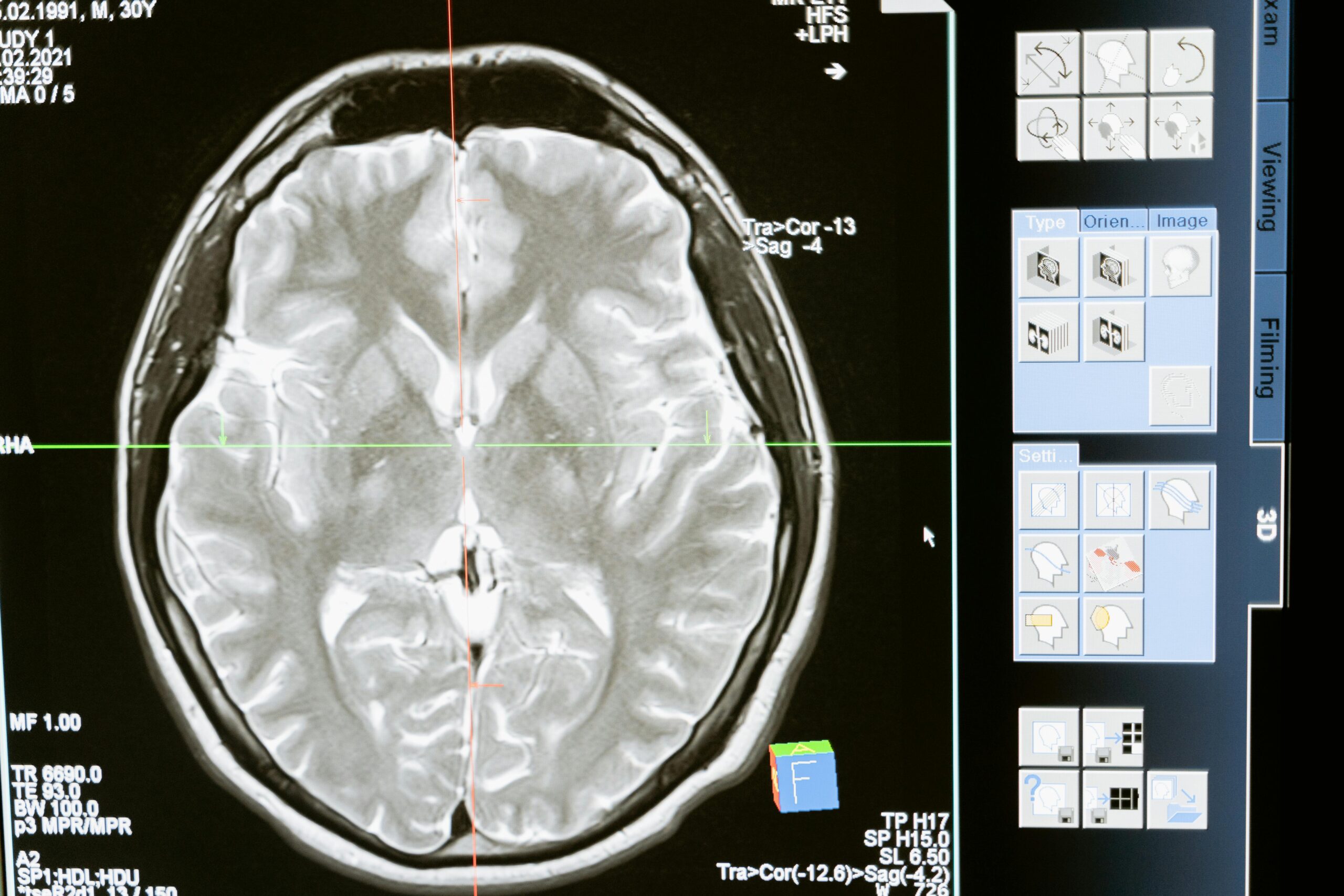
How to Manage Epilepsy in Daily Life – Expert Neurologist Tips
How to Manage Epilepsy in Daily Life – Best Neurologist Tips
Managing Epilepsy effectively in daily life involves a combination of medical adherence, lifestyle adjustments, and proactive self-care. Here are expert neurologist-backed tips to help you live well with epilepsy and reduce seizure risk:
1. Take Medication Consistently
Always take your antiepileptic medication exactly as prescribed. Missing doses or stopping medication abruptly can increase seizure frequency and severity. Set reminders or use pill organizers to stay on track, and consult your neurologist before making any medication changes.
2. Maintain a Regular Routine
Establishing consistent sleep, meal, and activity schedules helps stabilize your body’s rhythms and reduces seizure risk. Aim for 7–8 hours of quality sleep nightly, as sleep deprivation is a common seizure trigger.
3. Identify and Avoid Triggers
Track your seizures and potential triggers-such as stress, lack of sleep, alcohol, flashing lights, or certain foods-using a diary or app. Understanding your unique triggers allows you to make informed lifestyle choices and avoid situations that may provoke seizures.
4. Manage Stress Effectively
Stress can worsen epilepsy symptoms. Practice relaxation techniques like deep breathing, meditation, yoga, or mindfulness. Engaging in enjoyable hobbies and staying socially connected can also help lower stress levels.
5. Adopt a Healthy Lifestyle
Eat a balanced diet rich in fruits, vegetables, whole grains, and lean proteins. Regular, moderate exercise supports overall well-being and may help reduce seizure frequency. Stay hydrated and avoid excessive caffeine and alcohol, as they can interfere with sleep and medication effectiveness.
6. Educate Yourself and Your Support Network
Learn about your type of epilepsy, triggers, and treatment options. Share this knowledge with family, friends, and coworkers so they can provide appropriate support and know how to respond in case of a seizure.
7. Use Technology to Your Advantage
Leverage seizure tracking apps, medication reminders, and wearable devices that monitor vital signs or alert caregivers during a seizure. Technology can enhance safety and help you manage your condition more effectively.
8. Develop a Seizure Response Plan
Create a plan outlining what to do during and after a seizure, including emergency contacts and care instructions. Share this plan with people you spend time with regularly to ensure quick, informed assistance if needed.
9. Seek Support
Connect with epilepsy support groups, both in-person and online, to share experiences, tips, and emotional encouragement. Support networks can help reduce feelings of isolation and empower you to manage your condition.
10. Regularly Consult Your Neurologist
Schedule routine check-ups to review your treatment plan, discuss any new symptoms or side effects, and adjust your care as needed. Open communication with your healthcare team is essential for optimal epilepsy management.
Summary:
Managing epilepsy in daily life means more than just controlling seizures-it’s about building routines, understanding your triggers, prioritizing self-care, and leveraging support and technology. With these expert tips, you can take control of your health and lead a fulfilling, active life with epilepsy.
Visit Curewell Speciality Clinic To get effective trips to have a better life
How to Manage Epilepsy in Daily Life FAQs
Q1: What is the most important thing to do daily to manage epilepsy?
A: The most important step is to take your anti-epileptic medication exactly as prescribed by your neurologist. Consistent medication adherence helps control seizures and prevents complications.
Q2: Can stress really trigger seizures in people with epilepsy?
A: Yes, stress is a common seizure trigger. Managing stress through relaxation techniques, exercise, and social support can help reduce seizure frequency.
Q3: Are there lifestyle changes that can help control epilepsy?
A: Absolutely. Maintaining a regular sleep schedule, avoiding known seizure triggers, eating a balanced diet, and engaging in moderate exercise all support better seizure control.
Q4: Is it safe to exercise if I have epilepsy?
A: Yes, exercise is generally safe and beneficial for people with epilepsy, but it’s important to consult your doctor first and avoid high-risk activities without supervision.
Q5: How can I keep track of my seizures and triggers?
A: Using a seizure diary or smartphone app to log seizure occurrences, triggers, medication times, and lifestyle factors can help you and your doctor optimize your treatment plan.
Q6: When should I seek emergency help during a seizure?
A: Seek emergency help if a seizure lasts longer than 5 minutes, if another seizure follows immediately, if the person has difficulty breathing, or if they are injured during the seizure.

